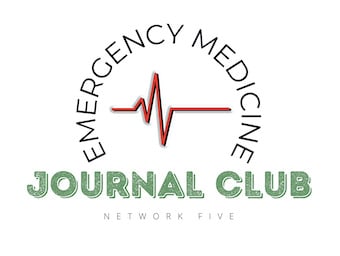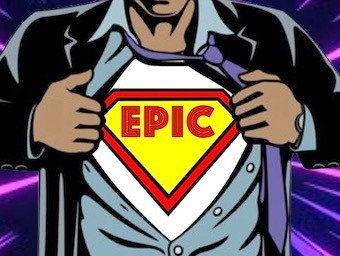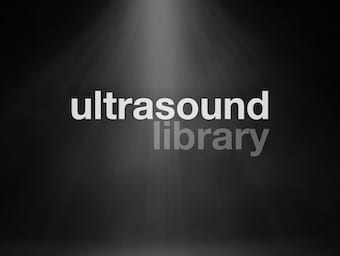
Network Five: Emergency Medicine Conversations
Network Five Emergency Medicine Conversations Episode 30 with Dr Setthy Ung - an inspiring discussion about developing paediatric emergency care, systems change and balance!

Network Five Emergency Medicine Conversations Episode 30 with Dr Setthy Ung - an inspiring discussion about developing paediatric emergency care, systems change and balance!

Network Five Emergency Medicine Conversations Episode 28 - an insightful interview with Dr Indika De Lanerolle on Sri Lankan emergency medical services, training, challenges and much more!

Network Five Emergency Medicine Case Series Episode 27 - an interesting yet challenging case from a night shift.

Network Five Emergency Medicine Conversations Episode 25 - an interview with Dr Kavita Varshney on medical education, leadership, and more!

Network Five Emergency Medicine Journal Club Episode 21 - Critical Care reviewing papers on cardiogenic shock, intravenous fluids in sepsis and lung protective ventilation strategies.

Network Five Emergency Medicine Journal Club Episode 20 - Healthcare Worker Wellbeing reviewing papers on burnout in emergency medicine.

Network Five Emergency Medicine Journal Club Episode 20 - Burnout reviewing papers on prevalence of burnout in ED physicians, causes and some strategies to combat it.

A summary of commonly used drug infusions and their dosing and preparation for use in critical care (ICU / Anaesthethics / Emergency)

Let it never be said that we resist change. We, the consultants in my ED, are reinvented. We are now EPIC, CATs OWLs and FALCONs

The Erector Spinae Plane Block (ESPB) is a technically simple and safe form of regional anaesthesia that can provide effective analgesia for 12 hours in patients with acute posterior rib fractures

The SAPB is a technically simple and safe form of regional anaesthesia that provides effective analgesia in patients with acute anterolateral rib fractures

Dr Laura Rock describes how a simple emotion response tool, GIVE, can be used to help us connect, understand, and support one another. This is even more important during the COVID-19 pandemic.